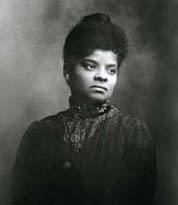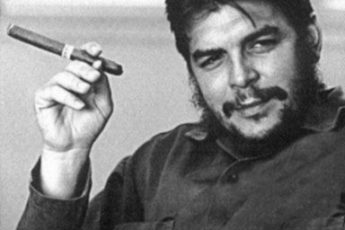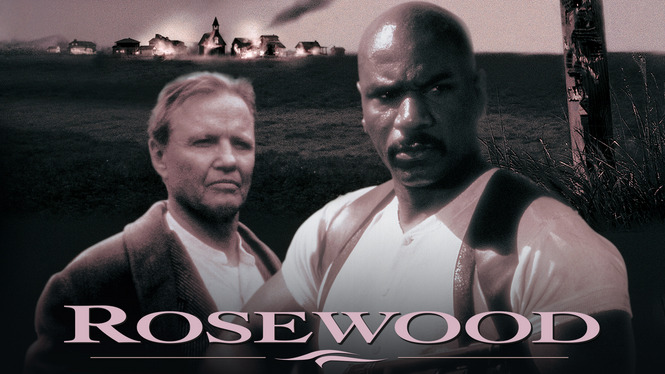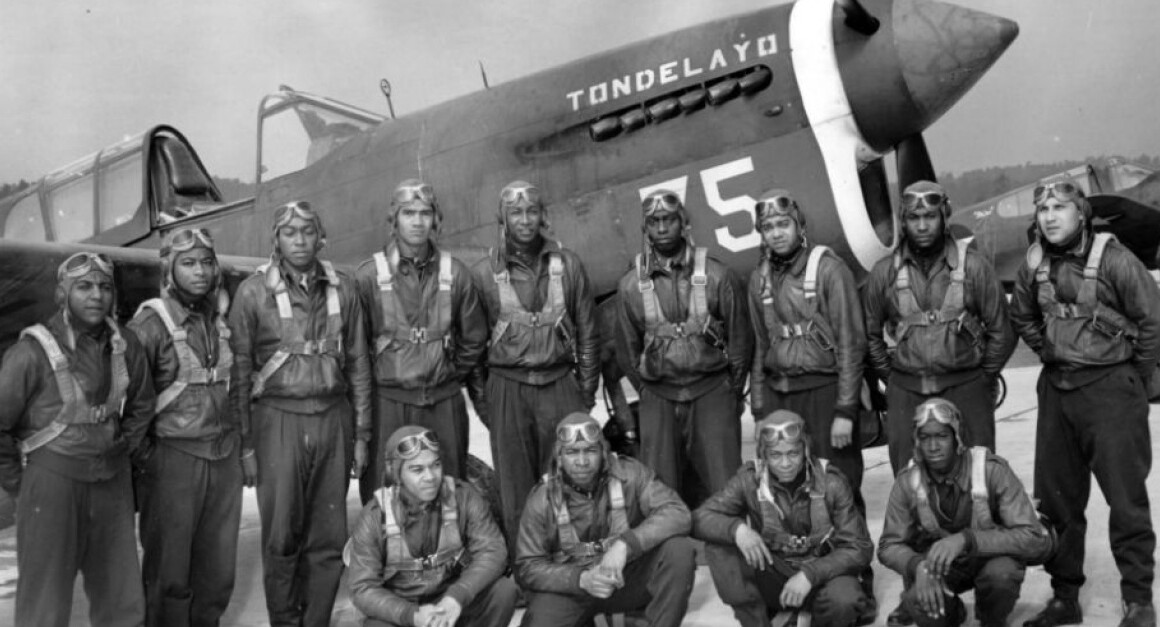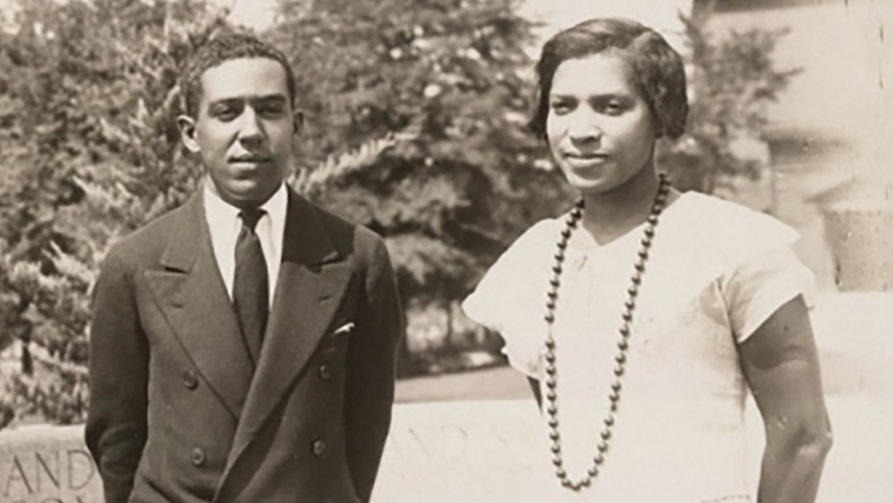
I HAVE OFTEN WONDERED, AND IT IS NOT A PLEASANT wonder, just what white Americans talk about with one another. I wonder this because they do not, after all, seem to find very much to say to me, and I concluded long ago that they found the color of my skin inhibitory, This color seems to operate as a most disagreeable mirror, and a great deal of one’s energy is expended in reassuring white Americans that they do not see what they see. This is utterly futile, of course, since they do see what they see. And what they see is an appallingly oppressive and bloody history, known all over the world. What they see is a disastrous, continuing, present, condition which men- aces them, and for which they bear an inescapable responsibility. But since, in the main, they appear to lack the energy to change this condition, they would rather not be reminded of it. Does this mean that, in their conversations with one another, they merely make reassuring sounds? It scarcely seems possible, and yet, on the other hand, it seems all too likely.
Whatever they bring to one another, it is certainly not freedom from guilt
The guilt remains, more deeply rooted, more securely lodged, than the oldest of old trees; and it can be unutterably exhausting to deal with people who, with a really dazzling ingenuity, a tireless agility, are perpetually defending themselves against charges which one has not made. One does not have to make them. The record is there for all to read. It resounds all over the world. It might as well be written in the sky.
One wishes that Americans, white Americans, would read, for their own sakes, this record, and stop defending themselves against it. Only then will they be enabled to change their lives. The fact that Americans, white Americans, have not yet been able to do this- to face their history, to change their lives-hideously menaces this country. Indeed, it menaces the entire world.
For history, as nearly no one seems to know, is not merely something to be read. And it does not refer merely, or even principally, to the past. On- the contrary, the great force of history comes from the fact that we carry it within us, are unconsciously con- trolled by it in many ways, and history is literally present in all that we do. It could scarcely be other- wise, since it is to history that we owe our frames of reference, our identities, and our aspirations.
And it is with great pain and terror that one begins to realize this. In great pain and terror, one begins to assess the history which has placed one where one is, and formed one’s point of view. In great pain and terror, because, thereafter, one enters into battle with that historical creation, oneself, and attempts to recreate oneself according to a principle more humane and more liberating; one begins the attempt to achieve a level of personal maturity and freedom which robs history of its tyrannical power, and also changes history.
But, obviously, I am speaking as an historical creation which has had bitterly to contest its history, to wrestle with it and finally accept it, in order to bring myself out of it. My point of view is certainly formed by my history and it is probable that only a creature despised by history finds history a questionable matter. On the other hand, people who imagine that history flatters them (as it does, indeed, since they wrote it) are impaled on their history like a butterfly on a pin and become incapable of seeing or changing them- selves or the world.
This is the place in which, it seems to me, most white Americans find themselves. They are dimly, or vividly, aware that the history they have fed themselves is mainly a lie, but they do not know how to release themselves from it, and they suffer enormously from the resulting personal incoherence. This incoherence is heard nowhere more plainly than in those stammering, terrified dialogues white Americans sometimes entertain with that black conscience, the black man in America. The nature of this stammering can be reduced to a plea: Do not blame me. I was not there. I did not do it. My history has nothing to do with Europe or the slave trade. Anyway, it was your chiefs who sold you to me. I was not present on the middle passage. I am not responsible for the textile mills of Manchester, or the cotton fields of Mississippi. Besides, consider how the English, too, suffered in those mills and in those awful cities! I, also, despise the governors of Southern states and the sheriffs of Southern counties; and I also want your child to have a decent education and rise as high as his capabilities will permit. I have nothing against you, nothing/ What have you got against me? What do you want?
But, on the same day, in another gathering, and in the most private chamber of his heart always, he, the white man, remains proud of that history for which he does not wish to pay, and from which, materially, he has profited so much. On that same day, in another gathering, and in the most private chamber of the black man’s heart always, he finds himself facing the terrible roster of the lost: the dead, black junkie; the defeated, black father; the unutterably weary, black mother; the unutterably ruined black girl. And ii one begins to suspect an awful thing: that people believe that they deserve their history and that when 11 they operate on this belief, they perish. But they can scarcely avoid believing that they deserve it-one’s short time on this earth is very mysterious and very dark and hard. I have known many black men and , women and black boys and girls, who really believed that it was better to be white than black, whose lives were ruined or ended by this belief; and I myself carried the seeds of this destruction within me for a long time. Now, if I, as a black man, profoundly believe that I deserve my history and deserve to be treated as I am, then I must also, fatally, believe that white people deserve their history and deserve the power and the glory which their testimony and the evidence of my own senses assure me that they have. And if black people fall into this trap, the trap of believing that they deserve their fate, white people fall into the yet more stunning and intricate trap of believing that they deserve their fate, and their comparative safety; and that black people, therefore, need only do as white people have done to rise to where white people now are. But this simply cannot be said, not only for reasons of politeness or charity, but also because white people carry in them a carefully muffled fear that black people long to do to others what has been done to them. Moreover, the history of white people has led them to a fearful, baffling place where they have begun to lose touch with reality-to lose touch, that is, with themselves–and where they certainly are not happy. They do not know how this came about; they do not dare examine how this came about. On the one hand, they can scarcely dare to open a dialogue which must, if it is honest, become a personal confession-a cry for help and healing, which is really, I think, the basis of all dialogues-and, on the other hand, the black man can scarcely dare to open a dialogue which must, it it is honest, become a personal confession which, fatally, contains an accusation. And yet, if we cannot do this, each of us will perish in those traps in which we have been struggling for so long.
The American situation is very peculiar, and it may be without precedent in the world. No curtain under heaven is heavier than that curtain of guilt and lies behind which Americans hide: it may prove to be yet more deadly to the lives of human beings than that iron curtain of which we speak so much-and know so little. The American curtain is color. We have used this word, this concept, to justify unspeakable crimes, Dot only in the past, but in the present. One can measure very neatly the white American’s distance from his conscience-from himself-by observing the distance between himself and black people. One has only to ask oneself who established this distance. Who is this distance designed to protect? And from what is this distance designed to protect him?

